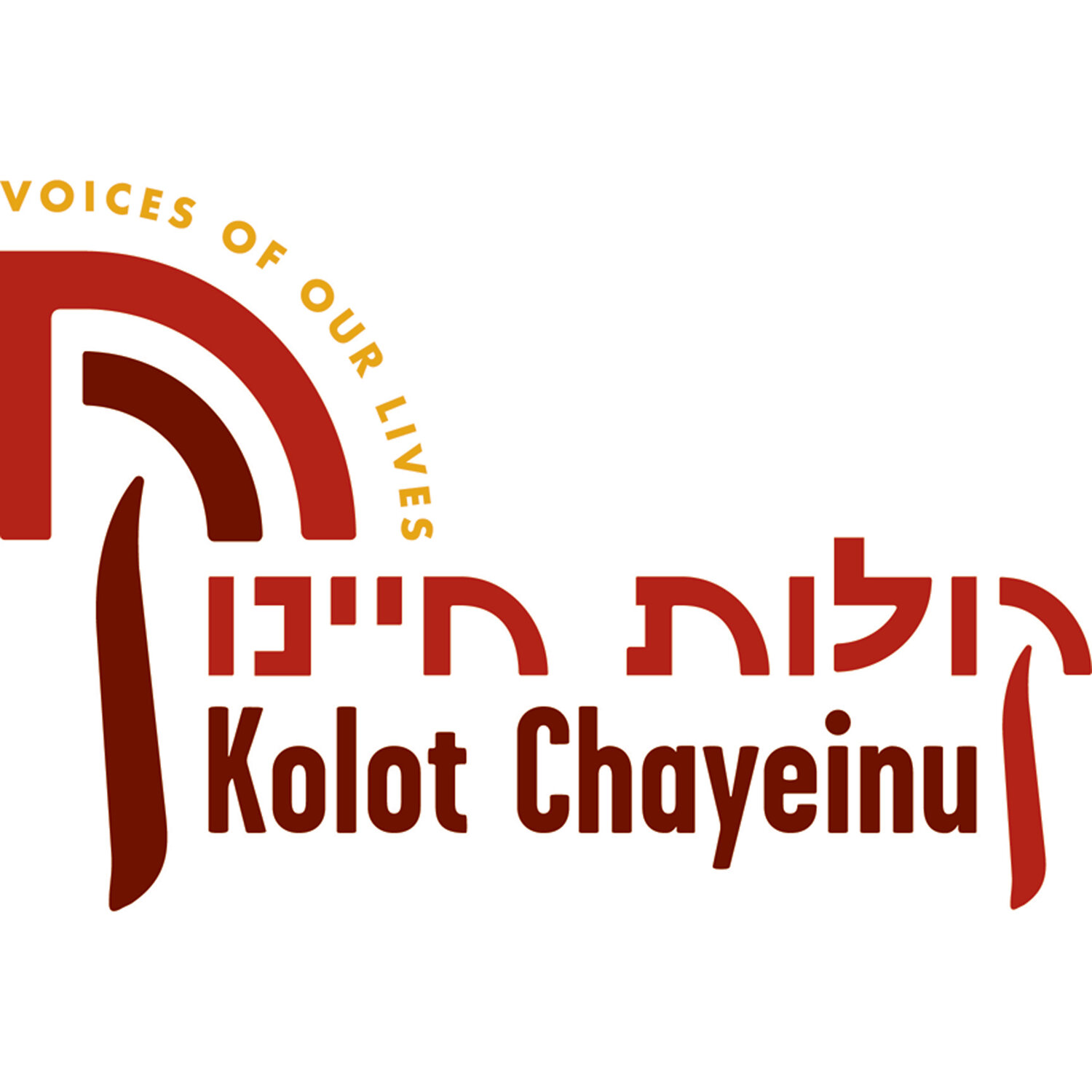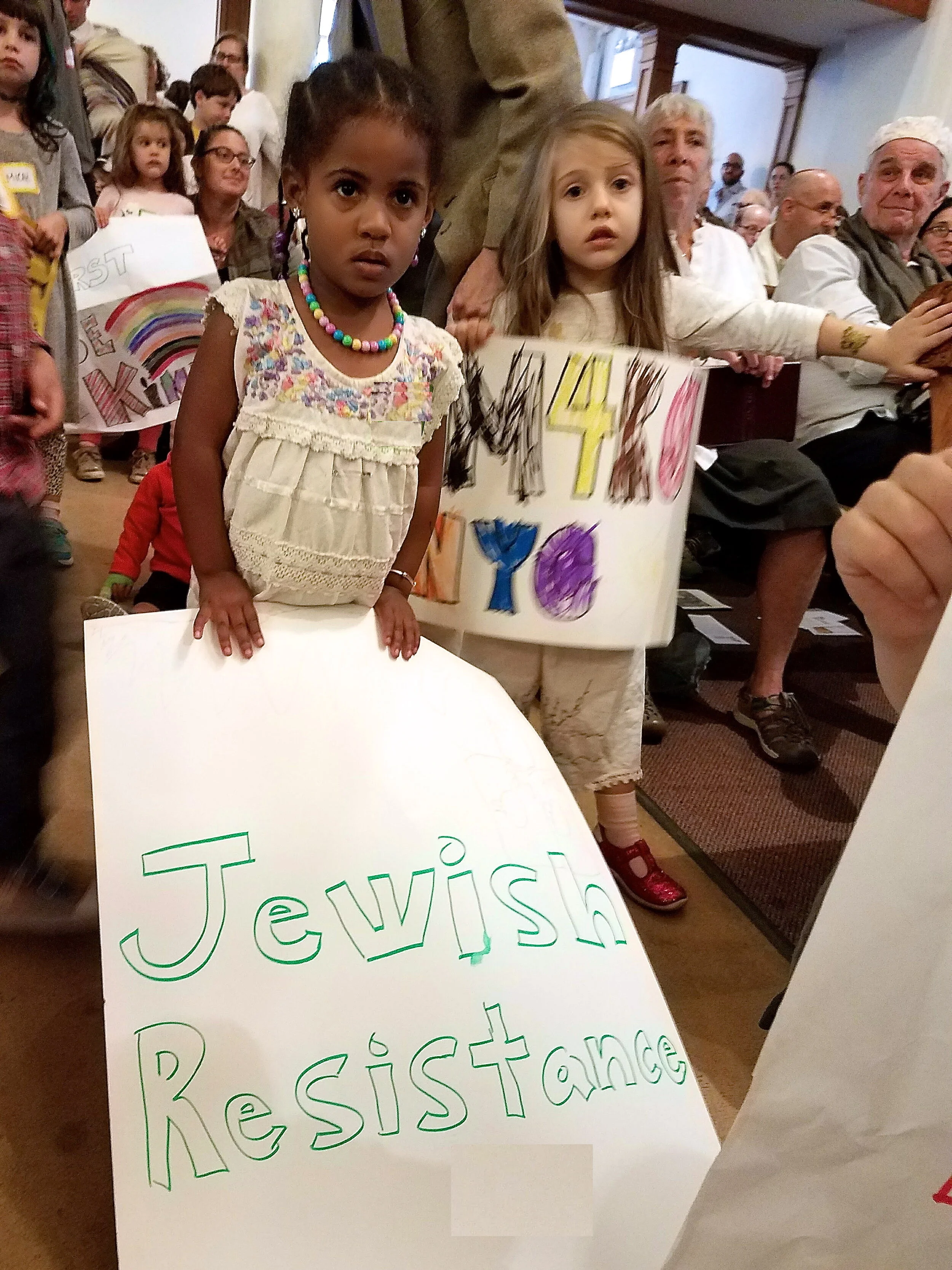Race Working Group
Kolot is dedicated to becoming an anti-racist congregation, meaning challenging preconceived notions of race and Judaism, and engaging in both internal and external struggles for equality.
The anti-racism work that we do is an integral part of the fabric of our congregation, with the aim to make it a more inclusive for Jews and non-Jews of color alike, as well as for their partners and families.
The Race Working Group initially began as conversations about race among congregants, from the perspective of “who is a Jew” and how people of color (POC) felt entering the synagogue on Shabbat morning. The group recognized that as a largely white, Ashkenazi congregation with a growing number of people of color entering our doors, there were many racist undertones in how people were greeted, and how others treated them once they were here. Even longtime congregants of color shared stories of new Kolot members asking if they were nannies, or if they were lost. This began the process of the RWG and unlearning assumptions of what a “Jew” looked like.
In 2011, at the prompting of congregants and with the active support of leadership, Kolot Chayeinu began to examine feelings and attitudes towards race and racism within the community and how those showed up in words and actions. The process began with informal conversations which led to the establishment of the Race Task Force, later named the Race Working Group. Many institutional changes have taken place along the way and are still in process.
Sample of structural/institutional steps led by the RWG:
Created an official body to investigate and address race and racism and an accountability mechanism for the work that is being done. Kolot has used: “Continuum on Becoming an Anti-Racist Multicultural Organization”
Training for shammesses/greeters
Visibility: Black Lives Matter signs at every service, in our sukkah, and other places
Cultivating leadership of people of color in our board, full- and part-time staff, and lay leadership
Allocating resources to this work− time and budget including trainings, dedicated staff, curriculum development, dedicated learning opportunities, and spaces for conversation
Amendment to Mission Statement to include explicit antiracist commitment
Addition of question on race and ethnic identities in membership registration/renewal form
Sample of opportunities for individual (internalized and interpersonal) growth supported by institution:
Trainings for working groups, board, and staff
Drashes from the pulpit by clergy, staff and lay leadership, both white people and people of color
Establishment of racial caucuses
Co-Chairs: Yonii Bock and Lisa Zbar
Contact: Malkie Grozalsky
Resources
Divrei Torah and Rituals by Race Working Group members
Continuum on Becoming An Anti-Racist Multicultural Organization
Why Must We Work to Undo Racism as Jews? by Rabbi Emerita Ellen Lippmann
A Jewish Congregation Tackles Racism by Rabbi Emerita Ellen Lippmann
Reading List for kids
Reading List for Adults
Jews for Racial and Economic Justice
Evolve: Groundbreaking Jewish Conversations


